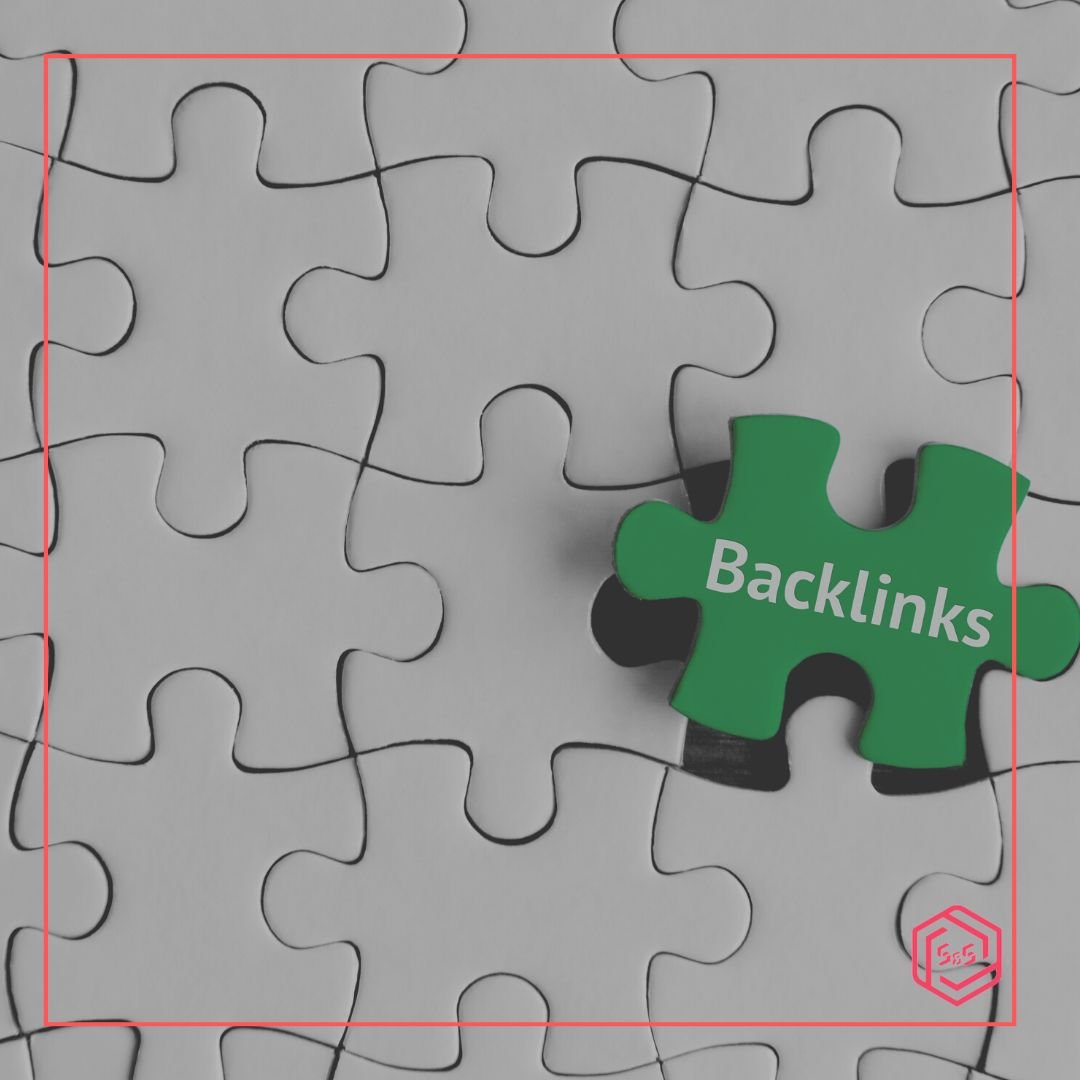
Does Linkbuilding Still Work?
Yes, link building (establishing relevant hyperlinks) can still be an effective way to improve search engine rankings and drive traffic to your website. However, it's important to note that not all link building tactics are created equal.
In the past, some SEO practitioners used manipulative tactics to artificially inflate their website's rankings by acquiring large numbers of low-quality or spammy links. This approach is now strongly discouraged by search engines, and can even result in penalties or a loss of rankings.
Instead, effective link building today involves creating high-quality content that naturally attracts links from other websites, and actively promoting that content to relevant audiences.
This can include tactics like guest blogging, outreach to relevant websites or influencers, and creating content that is highly shareable or link-worthy.
Ultimately, the key to successful link building is to focus on creating value for your audience and building relationships with other websites in your industry or niche. When done correctly, link building can help to establish your website as a trusted authority in your field, and drive targeted traffic that is more likely to convert into customers or leads.
What is link building and how it works?
Link building is the process of acquiring hyperlinks from other websites to your own website. The links are usually placed within the content of the linking website, pointing to a specific page on your website. The primary goal of link building is to improve the search engine rankings of the targeted website by increasing the number and quality of external links pointing to it.
Search engines like Google consider links to a website as an indicator of the website's authority, credibility, and popularity. Therefore, the more high-quality links a website has, the more likely it is to rank higher in search engine results pages (SERPs). However, not all links are created equal, and links from authoritative and relevant websites are considered more valuable than links from low-quality or unrelated websites.
Effective link building involves creating high-quality content that naturally attracts links from other websites. This can be achieved through tactics like guest blogging, creating link-worthy content, participating in industry-specific forums, and conducting outreach to relevant websites or influencers.

Link building also requires a thorough understanding of your target audience and the types of content that are most likely to appeal to them. By creating content that resonates with your audience, you increase the likelihood that other websites will link to it, which in turn can improve your website's search engine rankings and drive targeted traffic to your website.
Is Linkbuilding SEO?

Yes, establishing relevant hyperlinks is a part of SEO (Search Engine Optimization). SEO refers to the process of optimizing a website to improve its visibility and ranking in search engine results pages (SERPs). Link building is one of the key components of SEO that involves acquiring hyperlinks from other websites to your own website.
Search engines like Google consider links to a website as an important ranking factor, as they indicate the popularity, authority, and credibility of the website. Therefore, link building can help to improve a website's search engine rankings and drive targeted traffic to it.
However, it's important to note that link building alone is not enough to achieve high rankings in search engine results pages. Effective SEO requires a holistic approach that involves a range of strategies and tactics, including keyword research, on-page optimization, technical SEO, content creation, and link building.
By combining these strategies, SEO practitioners can create a comprehensive optimization plan that improves a website's visibility and ranking in search engine results pages.
What Are SEO Backlinks?
SEO backlinks, also known simply as backlinks or inbound links, are links from other websites that point to your website. These links are considered an important factor in SEO because they signal to search engines that other websites consider your content valuable and trustworthy enough to link to.
Backlinks can help improve your website's search engine rankings because search engines like Google use them as a measure of a website's authority and relevance. The more high-quality backlinks a website has, the more likely it is to rank higher in search engine results pages (SERPs).
However, not all backlinks are created equal. High-quality backlinks from authoritative, relevant websites are considered more valuable than low-quality backlinks from spammy or unrelated websites. In fact, backlinks from low-quality websites can even have a negative impact on your search engine rankings.
Effective backlinking strategies involve creating high-quality content that naturally attracts links from other websites.

This can be achieved through tactics like guest blogging, creating link-worthy content, participating in industry-specific forums, and conducting outreach to relevant websites or influencers.
Ultimately, the key to successful backlinking is to focus on creating value for your audience and building relationships with other websites in your industry or niche. When done correctly, backlinking can help to establish your website as a trusted authority in your field, and drive targeted traffic that is more likely to convert into customers or leads.
How long does it take for Linkbuilding to Work?

The time it takes for link building to work can vary depending on a number of factors, including the quality and quantity of links, the competitiveness of the industry or niche, and the age and authority of the website. In general, it can take several months to see the results of link building efforts.
It's important to note that establishing relevant hyperlinks is not a one-time process, but rather an ongoing effort to acquire high-quality links and maintain a strong backlink profile over time. As such, the benefits of link building can accumulate over time, with the overall impact on search engine rankings and traffic increasing as more high-quality links are acquired.
It's also important to focus on building a diverse range of high-quality links from authoritative and relevant websites, rather than trying to acquire as many links as possible in a short amount of time. This approach can help to avoid penalties from search engines and ensure long-term success in improving search engine rankings and driving targeted traffic.
In short, the time it takes for establishing relevant hyperlinks to work can vary widely depending on the specific circumstances of each website and its industry or niche. However, by focusing on creating high-quality content and building relationships with other websites in your industry or niche, you can gradually improve your website's search engine rankings and drive more targeted traffic over time.
What is the Best Linkbuilding Strategy?

There is no one-size-fits-all answer to this question, as the best establishing relevant hyperlinks strategy will depend on a variety of factors, including the industry or niche, the target audience, and the specific goals of the website. However, here are some general strategies that are commonly used in effective establishing relevant hyperlinks:
Create high-quality content that naturally attracts links from other websites. This can include articles, blog posts, infographics, videos, and other types of content that are relevant and useful to your target audience.
Conduct outreach to relevant websites or influencers in your industry or niche. This can involve reaching out to bloggers, journalists, and other content creators to request backlinks or guest blogging opportunities.
Participate in industry-specific forums or online communities to establish your website as a trusted authority in your field. This can involve answering questions, providing insights, and sharing helpful resources with other members of the community.
Use social media to promote your content and build relationships with other websites and influencers. This can involve sharing your content on social media platforms, engaging with other users, and participating in social media groups or communities.
Focus on building a diverse range of high-quality links from authoritative and relevant websites, rather than trying to acquire as many links as possible in a short amount of time.
It's important to remember that effective establishing relevant hyperlinks requires a long-term, strategic approach that focuses on creating value for your audience and building relationships with other websites and influencers in your industry or niche. By consistently creating high-quality content and engaging with others in your field, you can gradually improve your website's search engine rankings and drive more targeted traffic over time.
What is the Difference Between Backlinks and Link Building?
Backlinks and establishing relevant hyperlinks are related concepts, but they refer to different aspects of SEO.
Backlinks, also known as inbound links or incoming links, are links from other websites that point to your website. Backlinks are an important ranking factor for search engines because they signal to search engines that other websites consider your content valuable and trustworthy enough to link to. The more high-quality backlinks a website has, the more likely it is to rank higher in search engine results pages (SERPs).
Establishing relevant hyperlinks, on the other hand, is the process of acquiring backlinks to your website from other websites. Establishing relevant hyperlinks is a proactive SEO strategy that involves creating high-quality content, conducting outreach to relevant websites and influencers, participating in industry-specific forums, and using other tactics to acquire links from authoritative and relevant websites.
In other words, backlinks are the links themselves, while establishing relevant hyperlinks is the process of acquiring those links.

What are the Benefits of Link Building?

Establishing relevant hyperlinks can provide several benefits for a website, including:
Improved search engine rankings: Search engines like Google consider backlinks to a website as a sign of its authority and popularity. More backlinks from reputable websites can improve a website's search engine rankings.
Increased referral traffic: When other websites link to your website, it can bring more visitors to your site. This is known as referral traffic and can be an effective way to attract new audiences.
Brand building: Establishing relevant hyperlinks can help to increase brand awareness by exposing your website to a wider audience. As more people discover your website through links, they may become more familiar with your brand.
Better user experience: Establishing relevant hyperlinks can also improve the user experience of your website by providing users with additional resources and information that may be relevant to their interests.
Competitive advantage: In competitive industries, establishing relevant hyperlinks can provide a competitive advantage by helping a website to stand out from its competitors and establish itself as a reputable source of information.
Overall, link building can help to improve a website's visibility, authority, and credibility, which can lead to increased traffic, higher rankings, and ultimately more business opportunities.
What could be a price for Link Building?
Building high-quality backlinks to a client's website to improve search engine rankings and visibility.
Price Range: $100 - $500+ per 500 links
Basic link-building campaigns: $1,000 - $5,000 (1000-5000 links)
Advanced/custom campaigns: $5,000+ (for high DA/PA sites)
